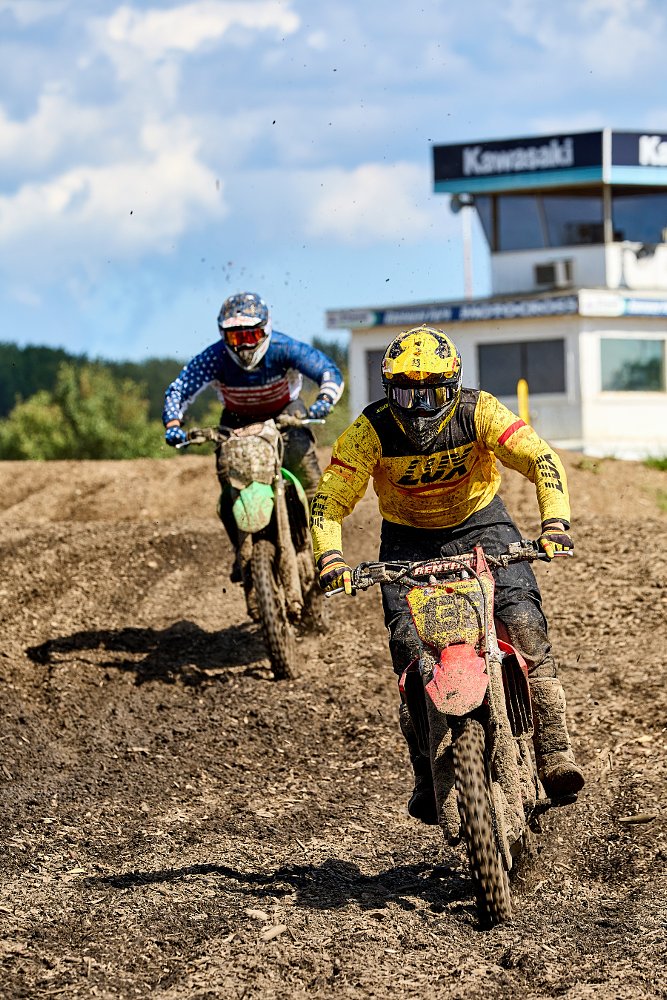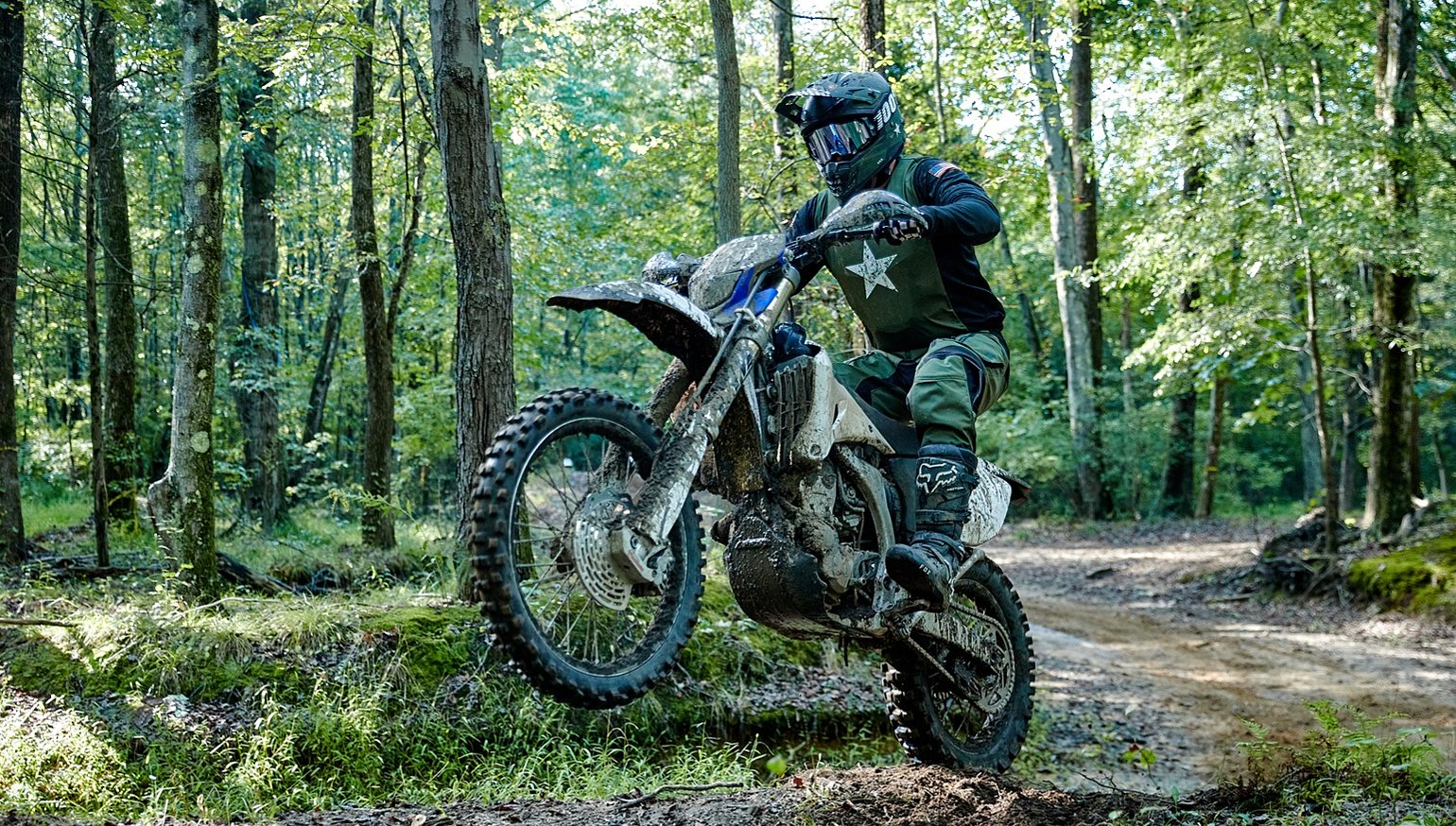For off-road riders, especially in the eastern part of the country, the biggest challenge is often just finding somewhere legal to ride. Now, several states are taking a different approach to addressing that problem: limiting property owner liability so that owners of private land feel more comfortable hosting riding events or letting trail riders use their land.
Some property owners might be sympathetic to off-road riders but worried about the potential liability they could face if someone gets hurt. Legislation that has popped up in more than half a dozen states, often referred to as "inherent risk" laws, recognizes that off-road riding is inherently dangerous and that participants should assume that risk, not the landowners. In some cases, the laws more broadly include other recreational activities, such as hunting, fishing, hiking, and mountain biking, while in other states the laws are narrow and were written specifically to protect local motocross tracks.
"We support this because we think it can only help the future of motorcycling," said American Motorcyclist Association (AMA) Government Relations Director Nick Haris. "We think it will make people more comfortable with opening up riding areas because it increases predictability, both for property owners and for insurers."

A good example of this new trickle (it's still too small to call it a wave) of legislation is a bill recently passed by the Arkansas legislature that protects private property owners who let off-road riders use their land. Riders can't sue for a range of risks, from running into a tree to getting attacked by a wild animal. But as Haris noted, "It doesn't totally eliminate responsibility." Under the Arkansas law, property owners can still be liable for damages if they intentionally injure a rider, are guilty of gross negligence, or provide a rider with an unsafe motorcycle for use. Legislation in other states generally includes the same kinds of exclusions.
In June, Texas Governor Greg Abbott signed a bill that takes effect in September and uses the "inherent risk" concept to protect small businesses. The law exempts an "off-road vehicle entity" from liability for injuries sustained by riders. It was originally written with motocross tracks in mind, but the definition of "off-road vehicle entity" includes any commercial property that allows off-road riding, whether for racing, recreation, or other activities.
Similar bills have been introduced this year in Hawaii and West Virginia to protect private property owners and proposed bills in Iowa and Missouri are aimed at protecting motocross facilities specifically.
In a twist on the issue, Nevada Governor Joe Lombardo vetoed a bill that would limit liability for government and non-profit entities due to concerns it might affect existing protections for private landowners in rural and semi-rural areas.
Meanwhile, a bill in Vermont proposes to create a Recreational Trails Compensation Study Committee to evaluate whether property owners who allow public trails on their land should receive compensation and will also examine the issue of liability. If it is approved, the committee would be responsible for reporting its findings late next year.
As riders, we all recognize the "inherent risk" in motorcycling and we accept it as part of the trade for the fun it brings. These laws put that recognition into code and will hopefully make more people — whether a private landowner allowing a trail to be extended onto their property or a local organization wanting to host an off-road riding event — comfortable opening up new areas for riders.

 Membership
Membership




